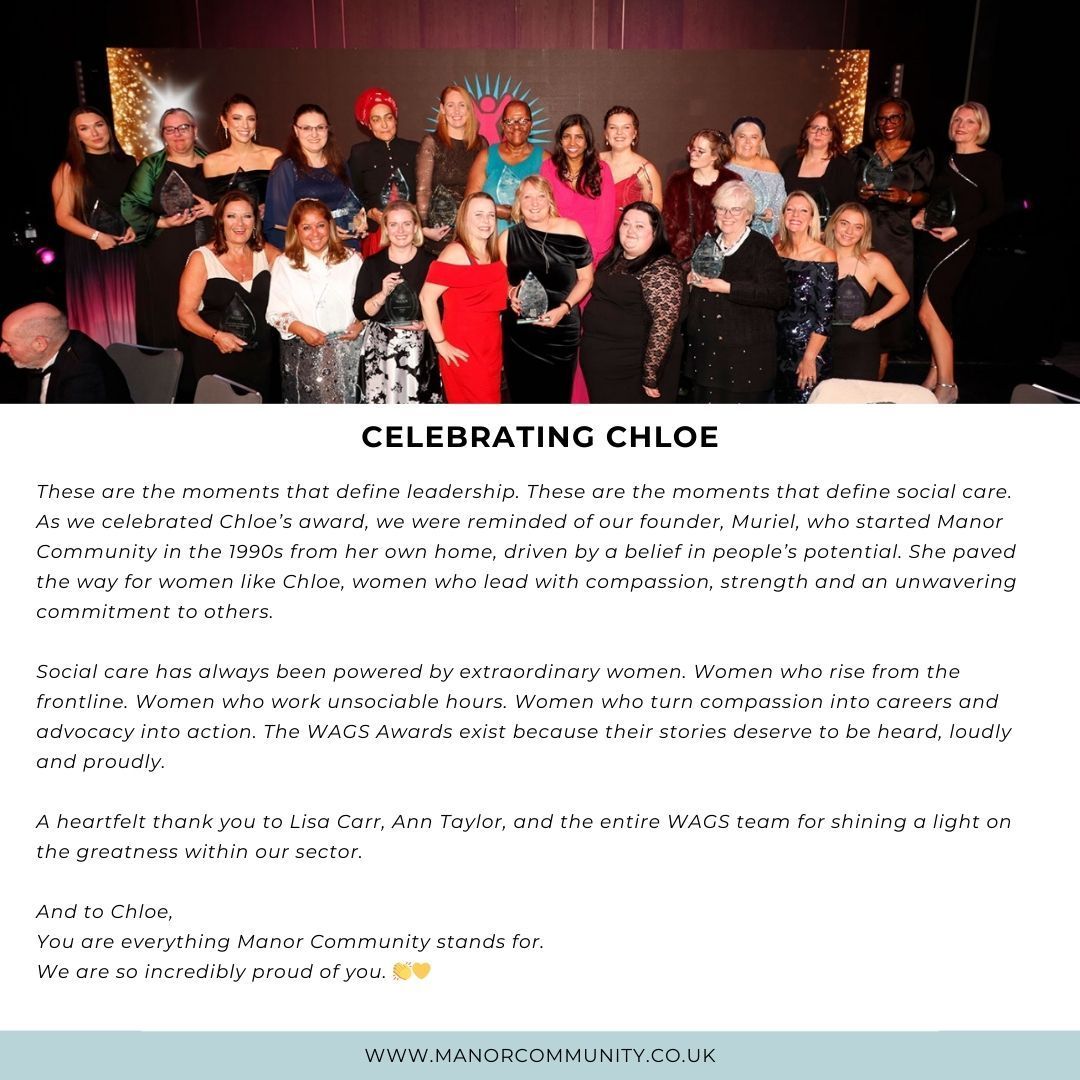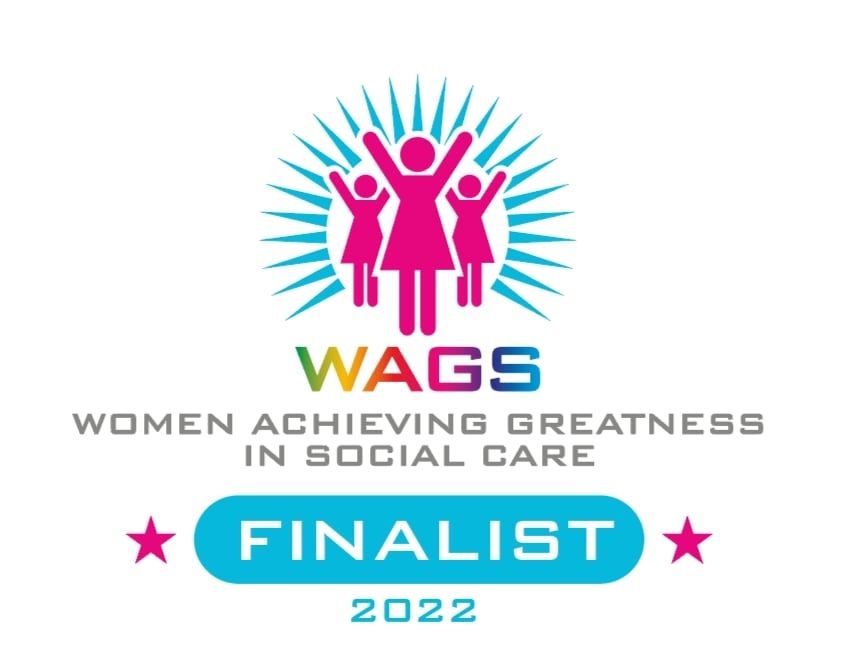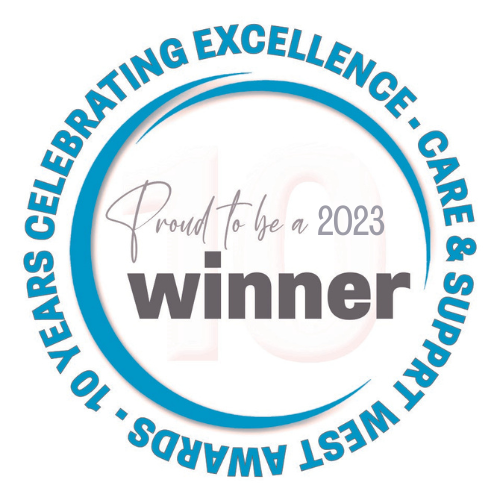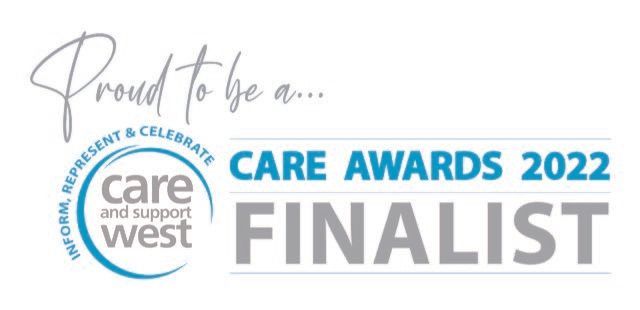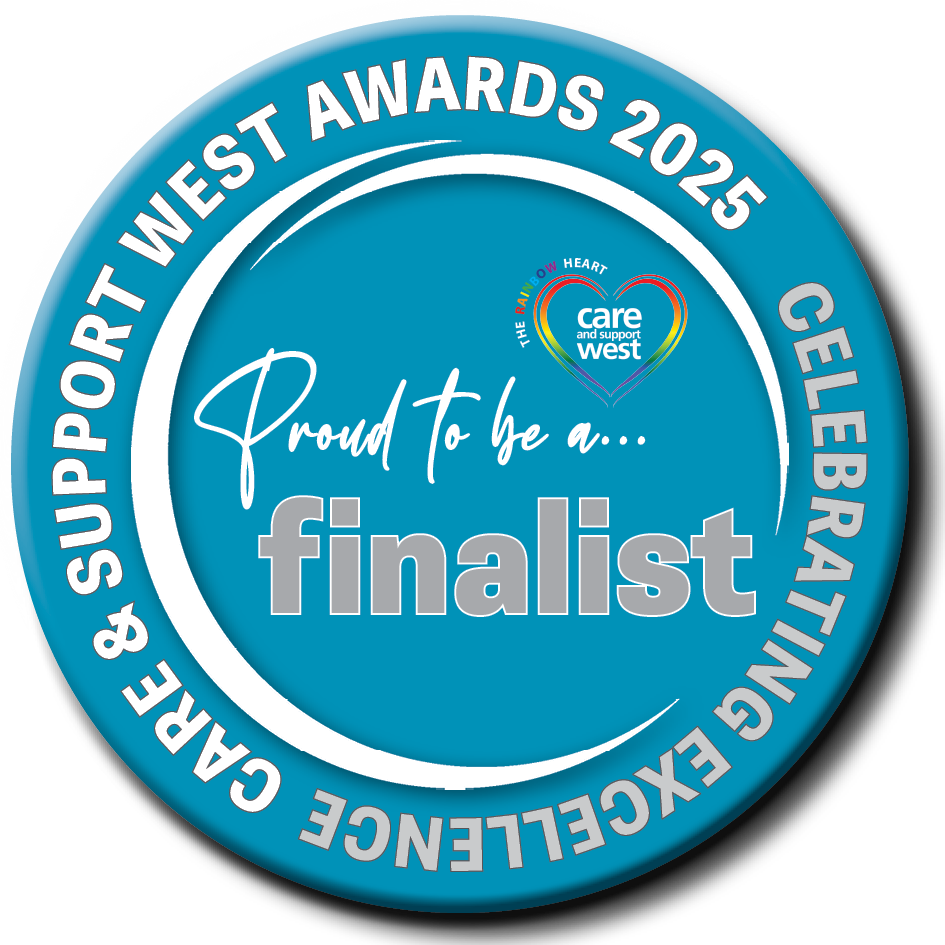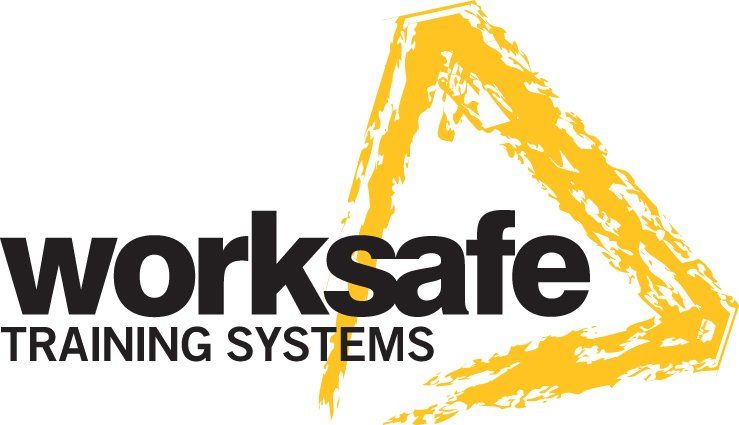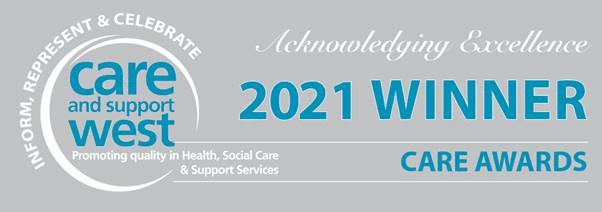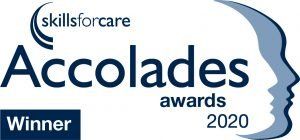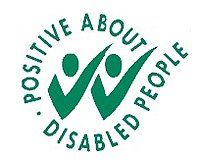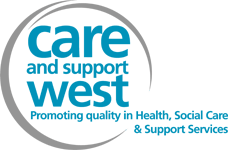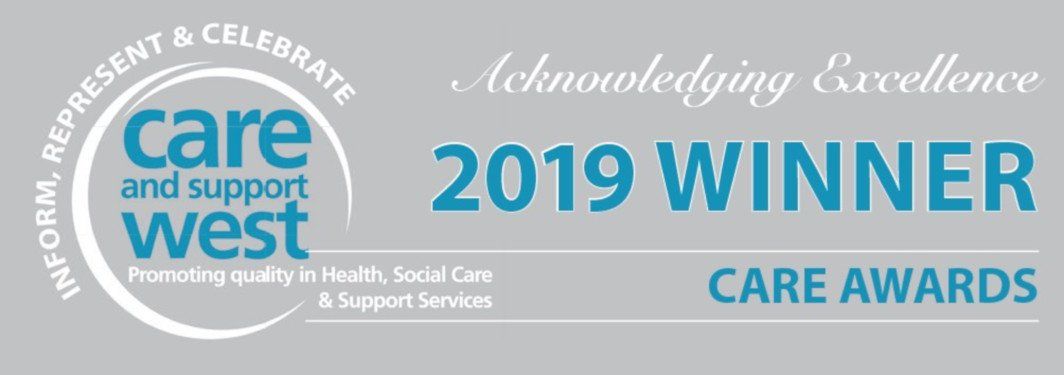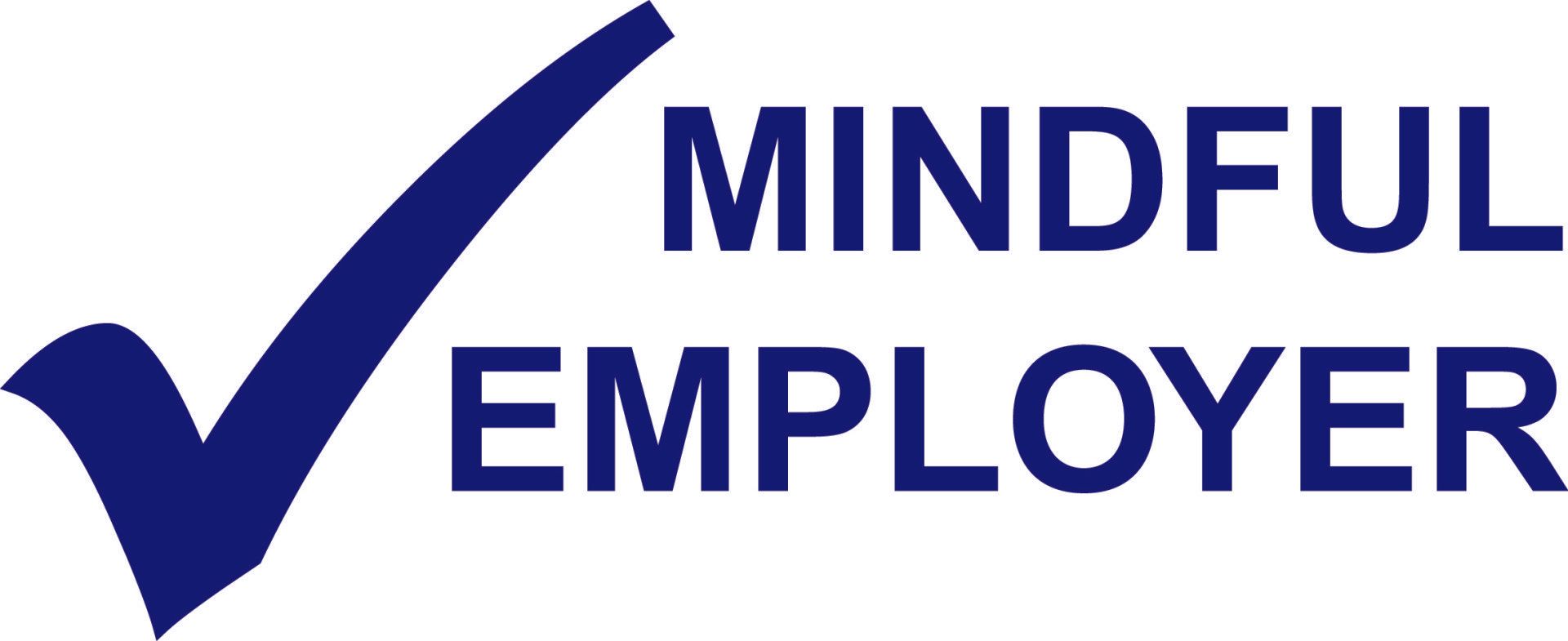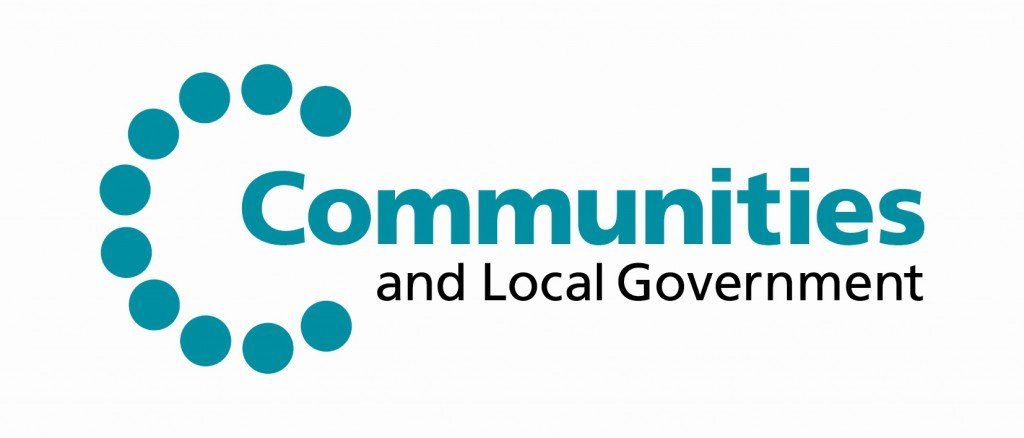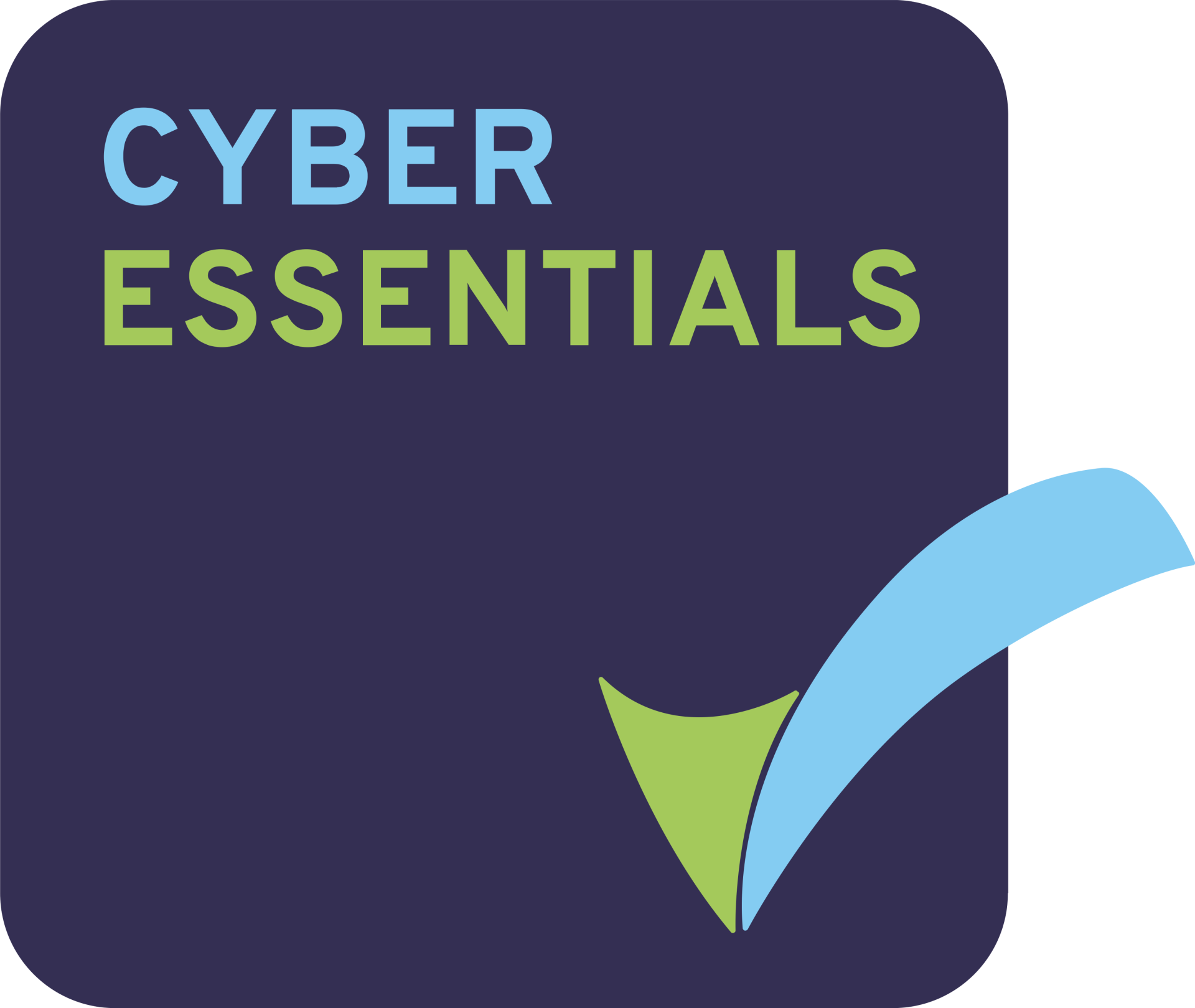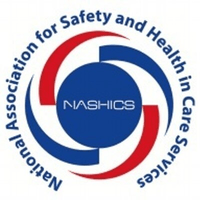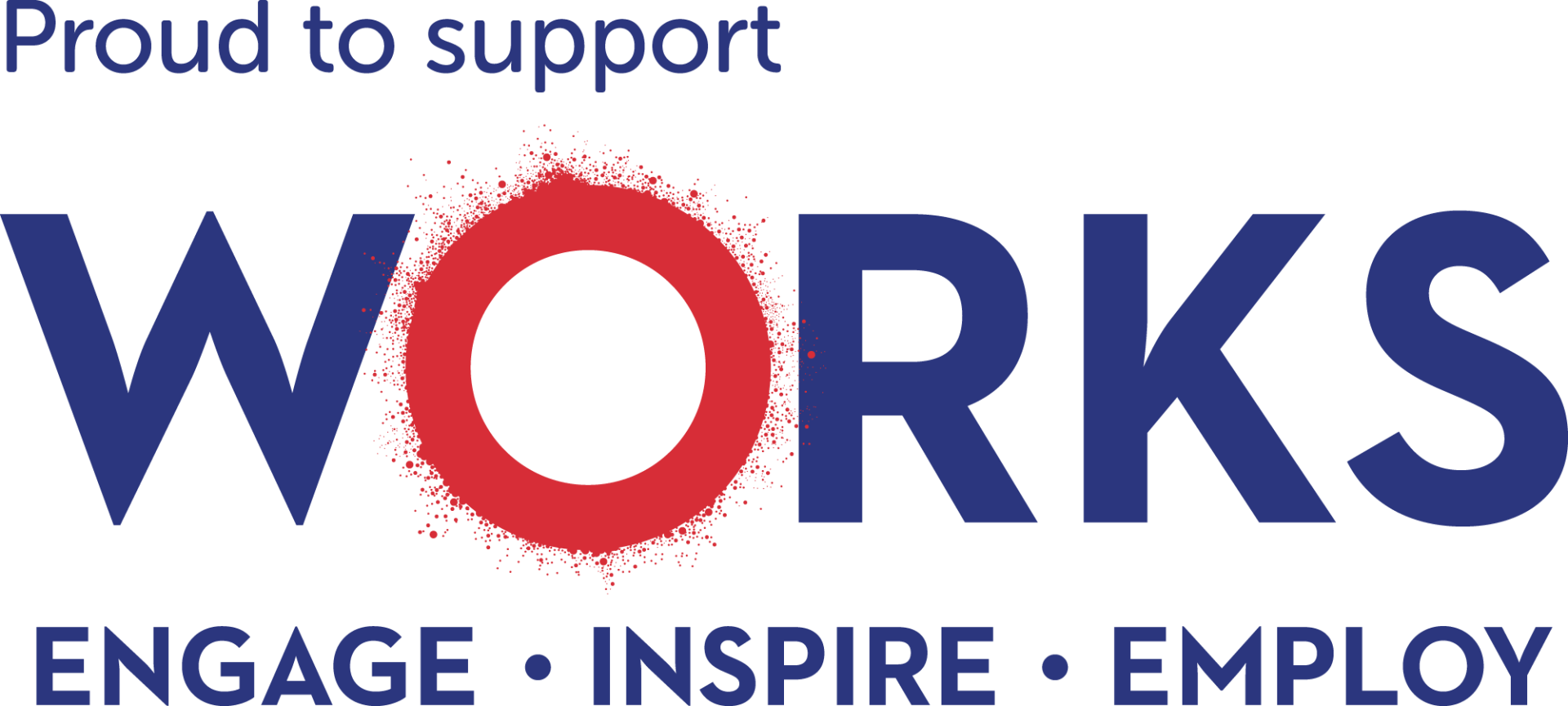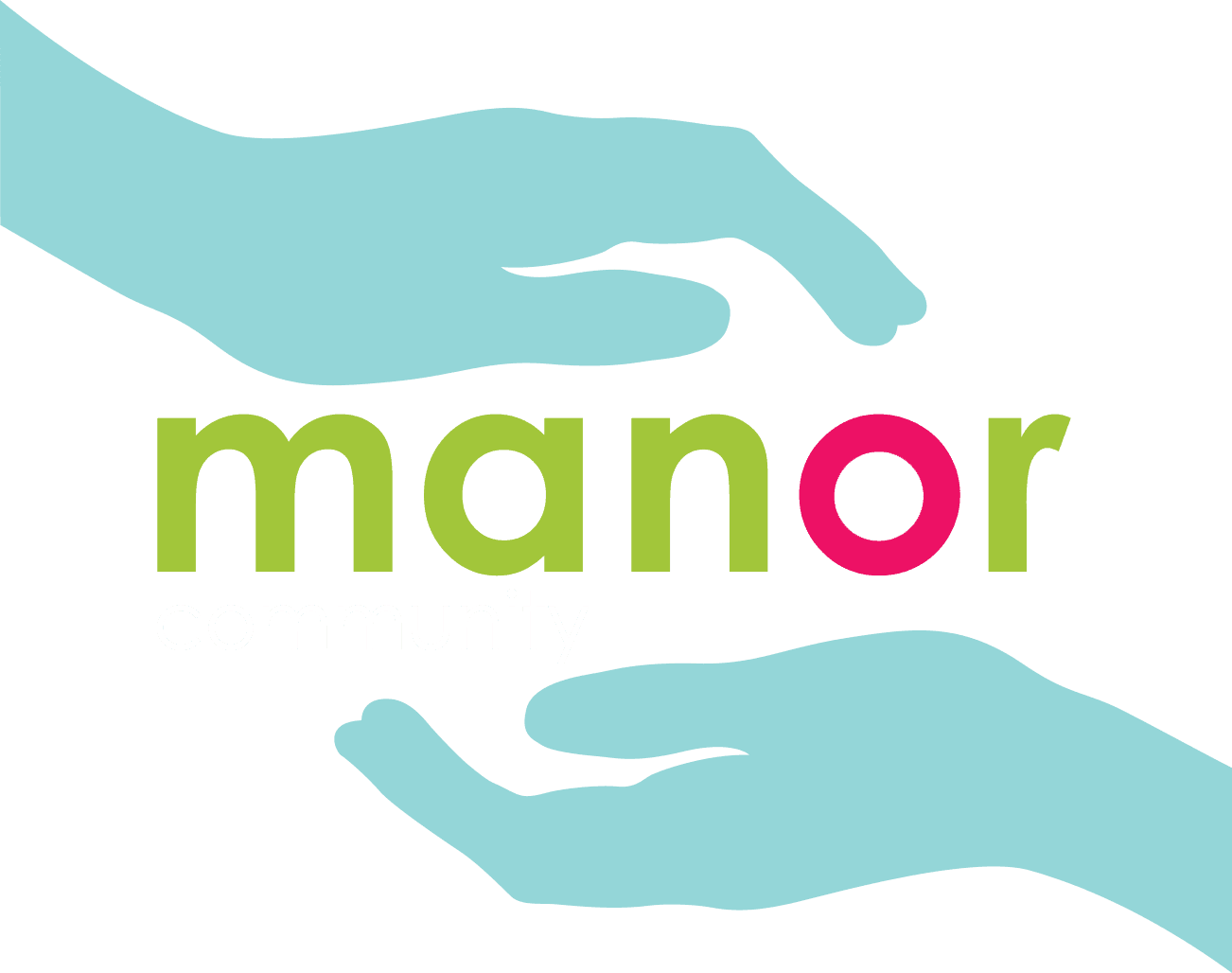Co-Production Week - then and now
Co-production, Human Rights and The Disabled Peoples Movement
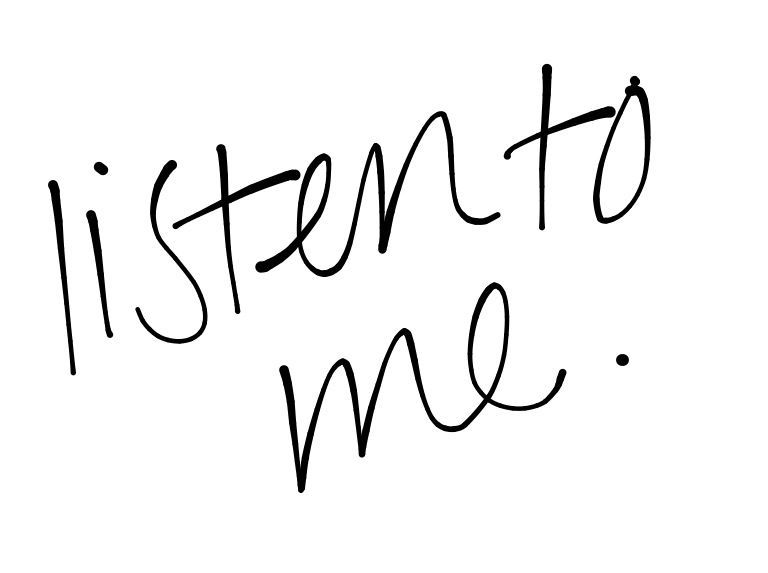
This week the Social Care Institute for Excellence (SCIE ) is celebrating Co-Production Week from 2nd to 6th July 2018. It is a great way to recognise good practice in social care which helps people make their own decisions and turns the doctor/patient relationship on its head. Here we reflect on how that journey links in with philosophy and Human Rights.
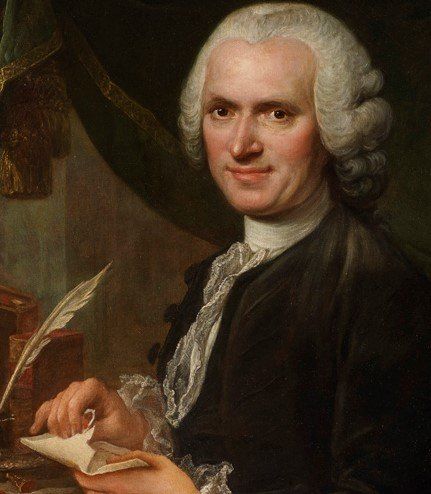
“Man is born free, and everywhere he is in chains ”
Long before Universal Declaration of Human Rights (UDHR) of 1948, philosophers were becoming increasingly influential in the notion of human rights. Ideas of direct participation and human rights underpin the ethos behind co-production. These ideas can be traced back, most inspiringly to philosopher Jean Jacque Rousseau. His principles, back in 1762 on co-production and shifting the balance of power from the medical professional to the patient are interesting.
Information is key
Arguably, in order for people to effectively participate in their care and their care plan, they must have information in appropriate formats, to enable them to make decisions. This is a more co-creative concept of care which can empower people . We have found an approach to care planning called narrative ethics. This would involve people agreeing with physicians how to plan their care rather than just ‘following doctor’s orders’. This can also be described as narrative competence whereby decisions on a person’s medical journey are based on their own story of their disability instead of the traditional medical models. This is fantastically shown in co-production and person-centred care and supported by the disabled people's movement.

The Development of the Disabled People’s Movement
In American Universities in the 1960s, students established Centres for Independent Living (CILs). CILs supported key principles of participation, involvement, empowerment, control and life choices. Propelled by the ideals from CILs, a group of UK based people with disabilities and activists, formed the Union of the Physically Impaired Against Segregation (UPIAS). Their concepts included full access to their environment, peer counselling and advocacy.
From the Latin ‘ nihil de nobis sine nobis ’ the movement popularised the slogan ‘nothing about us without us’. The slogan was significant in linking the social model with notions of autonomy, self-determination and participation.
The concept of 'nothing about us without us' has been codified in law through the UN Convention on the Rights of Persons with Disabilities
(something we will blog on soon!).
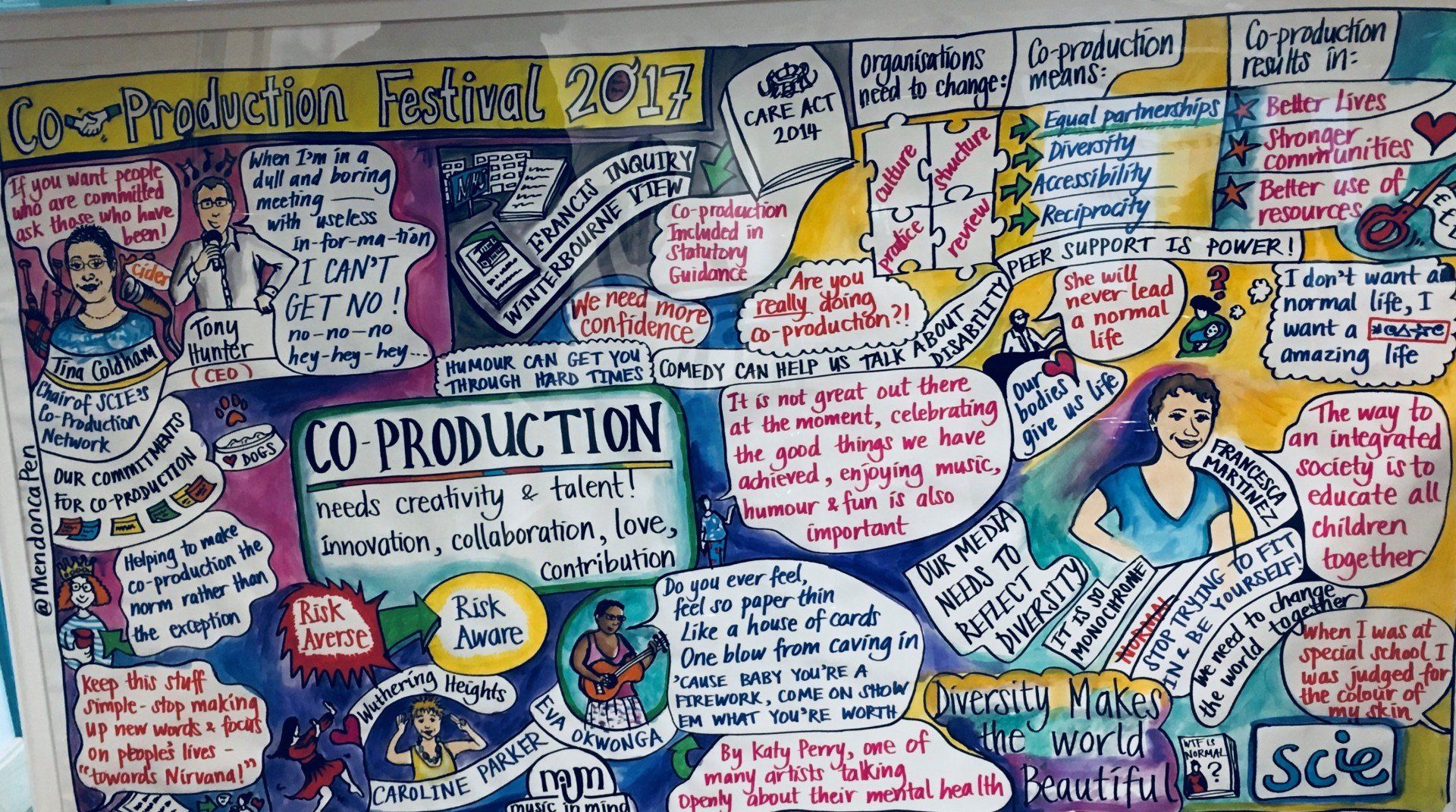
Latest News from Manor Community
Manor Community Blog



